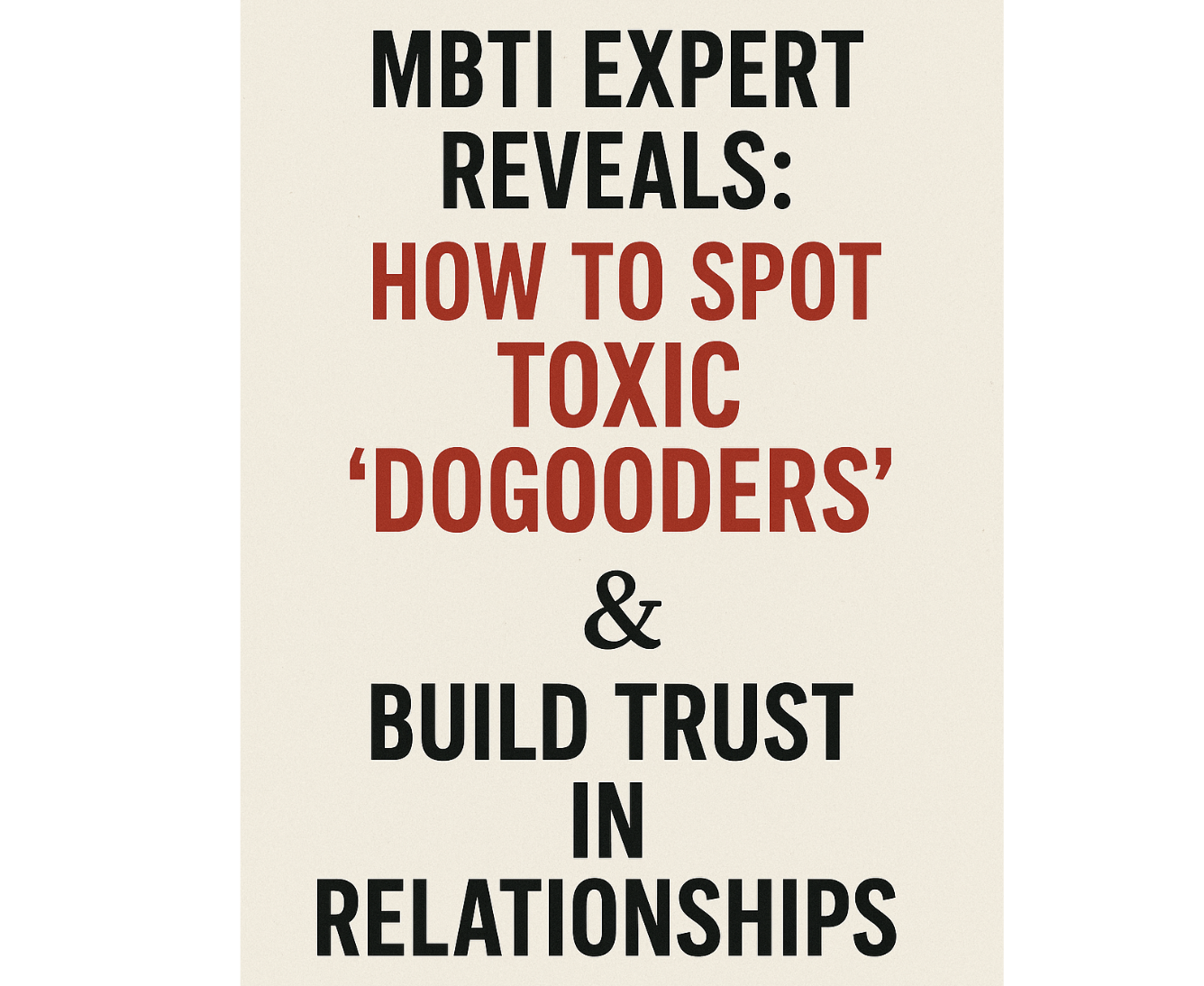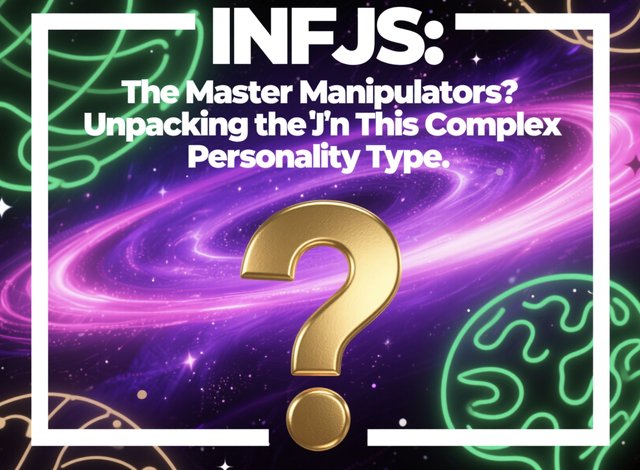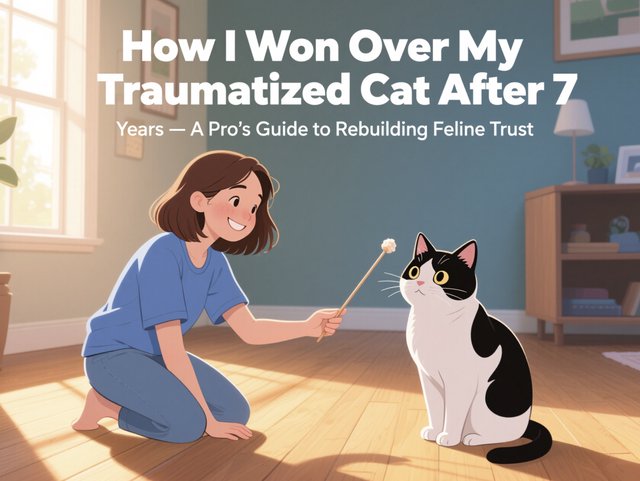MBTI Expert Reveals: How to Spot Toxic ‘DoGooders’ & Build Trust in Relationships

In today’s hyper-socialized world, navigating relationships requires more than good intentions—it demands ruthless discernment. As an MBTI specialist, I’ve observed that the most damaging interpersonal traps often come wrapped in virtuous packaging: the animal rights activist who weaponizes guilt, the feminist ally who demands ideological conformity, or the charity volunteer who keeps score. These patterns reveal critical truths about personality compatibility and emotional maturity.
1. The “Virtue Signaling” Blind Spot (And Why It’s Selfish)
High-Feeling types (ENFJs, INFPs) frequently conflate activism with moral superiority. However, Jungian psychology confirms that all human behavior—even philanthropy—serves personal psychological needs. An ESFJ campaigning for shelter dogs may genuinely crave the dopamine hit of social approval more than canine welfare. The red flag? When someone frames their “good deeds” as purely altruistic. Healthy Fi/Te users (e.g., INTJs, ISTPs) recognize this dichotomy and prioritize transactional honesty over moral posturing.
2. Dark Forest Theory in Relationships
The Chinese sci-fi concept of “Dark Forest” applies shockingly well to interpersonal dynamics: every individual operates in a social ecosystem where premature trust equals vulnerability. Thinking dominants (ENTPs, ISTJs) intuitively grasp this—they vet partners based on demonstrated reliability, not gender or ideology. Example: An ENTJ woman correctly distrusts both a “male chauvinist” and a “female empowerment” colleague until observing their actual conflict-resolution skills.
3. Results > Intentions: The MBTI Compatibility Filter
Sensors (ESTJs, ISFPs) excel at this—they judge relationships by tangible outcomes, not abstract goodness. Key questions:
- Does this person’s “kindness” translate to reciprocal support during your crisis?
- Do shared projects (even mundane ones like travel planning) succeed without drama?
- When conflicts arise, do they problem-solve or weaponize their “virtues”?
4. The Solo Strategist Advantage
Many INTJs/ISTPs reach a breaking point with “emotionally fluent but unreliable” types (ENFPs, ESFJs). Their solution? Strategic solitude. This isn’t misanthropy—it’s bandwidth management. Example: An INFJ lawyer avoids joining “social justice” committees after realizing members prioritize performative outrage over systemic change.
Actionable Insights:
- For Feelers: Audit your motives. Does your activism energize you because it helps others or because it crafts your desired identity?
- For Thinkers: Develop Ni/Se vigilance. Track behavioral patterns (e.g., is their “generosity” conditional on public recognition?).
- All types: Implement a 3-strike rule. One ideological disagreement is normal; three instances of “virtuous” sabotage warrant disengagement.
The healthiest relationships—romantic, professional, or platonic—are built among those who’ve outgrown the need to be “good” and instead commit to being effective. As Carl Jung noted, “The most terrifying thing is to accept oneself completely.” Only then can we engage others without projection or naivete.




